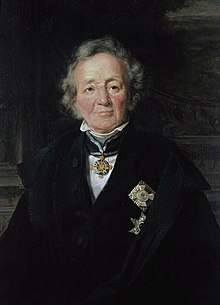Hello again everyone. It’s been too long since I’ve posted here. One of the reasons for my absence was that I have been working my way through several new works in other languages that I have had to scan and translate mostly “by machine” as I go. Reading one work led to several more and so it went. One result: I now have many new perspectives and questions relating to the New Testament and related literature, especially (but not only) to the Gospel of Mark, Book of Revelation and the Ascension of Isaiah.

While I was reading I sometimes sought escape by kind of doodling on and off on the Biblical Criticism & History Forum – earlywritings.com. While there, I had occasion to list what historians themselves have explained are the building blocks of historical research. That is, their own explanations of how they determine the facts of what happened long ago. From these raw facts historians reconstruct history itself and develop hypotheses about causes and the nature of the cultures and so forth, but “bedrock facts” come first. (Not that the information I posted on the forum had much impact since certain persons continued to discuss historical questions according to their long-held habits of thought that break all the rules for determining “facts”. They’re having fun and maybe that’s what matters most to some of them. C’est la vie.)
In sum, the methods common to historians and that they themselves have explained are these:
- Look for a “primary source”, generally meaning a source that is contemporary with the person or event to which it testifies.
One example: Accounts of events and persons are found in writings that we have valid reasons to believe were produced by contemporaries of those persons and events.
- Look for reasons to have some level of confidence in those sources — or not: e.g. do we know who wrote them and why?
Above all:
- Look for independent corroboration of the information in the sources or for general trustworthiness of the source.
An example I like to use is Socrates. How do historians know Socrates existed?
We have writings about Socrates that we can determine were written by his students (e.g. Plato, Xenophon), other writings that confirm that those texts are indeed by whom they say they are (e.g. Aristotle’s references to Plato’s works), and we also have contemporary works that are critical of Socrates, mocking him (e.g. by the playwright Aristophanes) — that is, confirmation of Socrates that appears to be independent of the works of Plato and Xenophon.
Those principles are not always spelled out by historians in their publications but they are generally noticeable to any reader who is looking for “how they know” what they are writing about.
Below is a collation of various quotations by historians and philosophers of history that do make the above principles explicit. It is a revised copy of what I posted on the BC&H forum.
Rules of historical reasoning
The New Testament scholar Richard Bauckham has argued that a historian should give the benefit of the doubt to any testimony. That is a fine starting principle when one needs to get along with neighbours and colleagues, but few nonbiblical historians would agree that it applies to the sources from long ago. Continue reading “Historical Research: The Basics”
